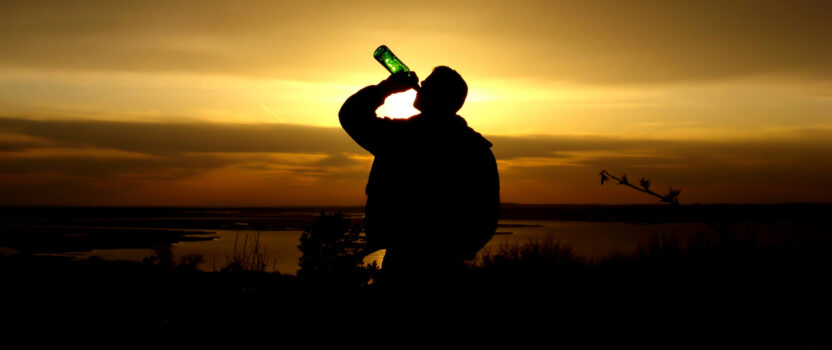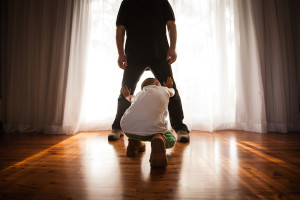One thing that anyone can do to help broken people
Helping Broken People
Chatting to our neighbours and the topic of conversation focussed on the rough element in our local Main Street. They were relating the story of a man who had exposed himself while urinating in front of their children, whilst another man was shooting up drugs. This reminded me of a woman I saw in front of the Post Office some years back, who looked to be harassing a young man no older than 17 for ‘favours’. Being a mother of a young boy myself, I was horrified to think that could be my son.
Not knowing whether it’s legal for people to be soliciting in this area, I rang the police to find out. He didn’t really answer my question, but he responded by saying he would “send a car ’round.”
That was mighty nice of him. Encouraged by his positive, can-do attitude, I thought I’d help by offering my spiritual support.
“Awesome, well I’ll go ask her what she thinks about God and offer her a bible then.” Said no one ever to a policeman-except me. But by the time I got back, she had gone. Shame, I was looking forward to a cosy chat.
I remember another time a friend was complaining about the drunk men who would regularly be found sitting on a park bench in the vicinity of her children. I was conflicted in this scenario, part of me wanted them gone too, but the other part said, “What’s happened to them, what’s their story to have them so aimless?”
So again, I decided to have a quick chat.
Somewhere in the conversation, I’d asked what they’d thought about God.
“Yeah, spelt backwards, it becomes dog.”
Not to be outdone by his sharp swordplay, I reply, “If you add an ‘o’ it becomes good.”
I’d parried his thrust, and the distance between us melted. A few months later I randomly bump into him- his whole demeanour had changed, apparently the doctor had given him some truths of his own-He was on a fast track to a funeral with him as the starring role. With the help of a friend, he had turned that around.
From a distance, our first impressions of people may be critical and negative, but if we take the time to get close, we start to see a human that’s broken and our hearts start to beat a little faster for them. That’s what happened in the good samaritan. A person was beaten up and left for dead along the side of the road. Two people moved away from the person in need, but the good samaritan got close and began to help him.
When we get close, we can see the tears, the pain, the hurt. This may just be enough motivation to move us into compassion, where we can offer some help. We may not be able to solve their problem, but we can meet a deep seated desire that we all have – to be loved.
‘To love at all is to be vulnerable. Love anything, and your heart will certainly be wrung and possibly broken. If you want to make sure of keeping it intact, you must give your heart to no one, not even to an animal. Wrap it carefully round with hobbies and little luxuries; avoid all entanglements; lock it up safe in the casket or coffin of your selfishness. But in that casket—safe, dark, motionless, airless—it will change. It will not be broken; it will become unbreakable, impenetrable, irredeemable.’
C. S. Lewis, 1960, The Four Loves, p. 169





